About us
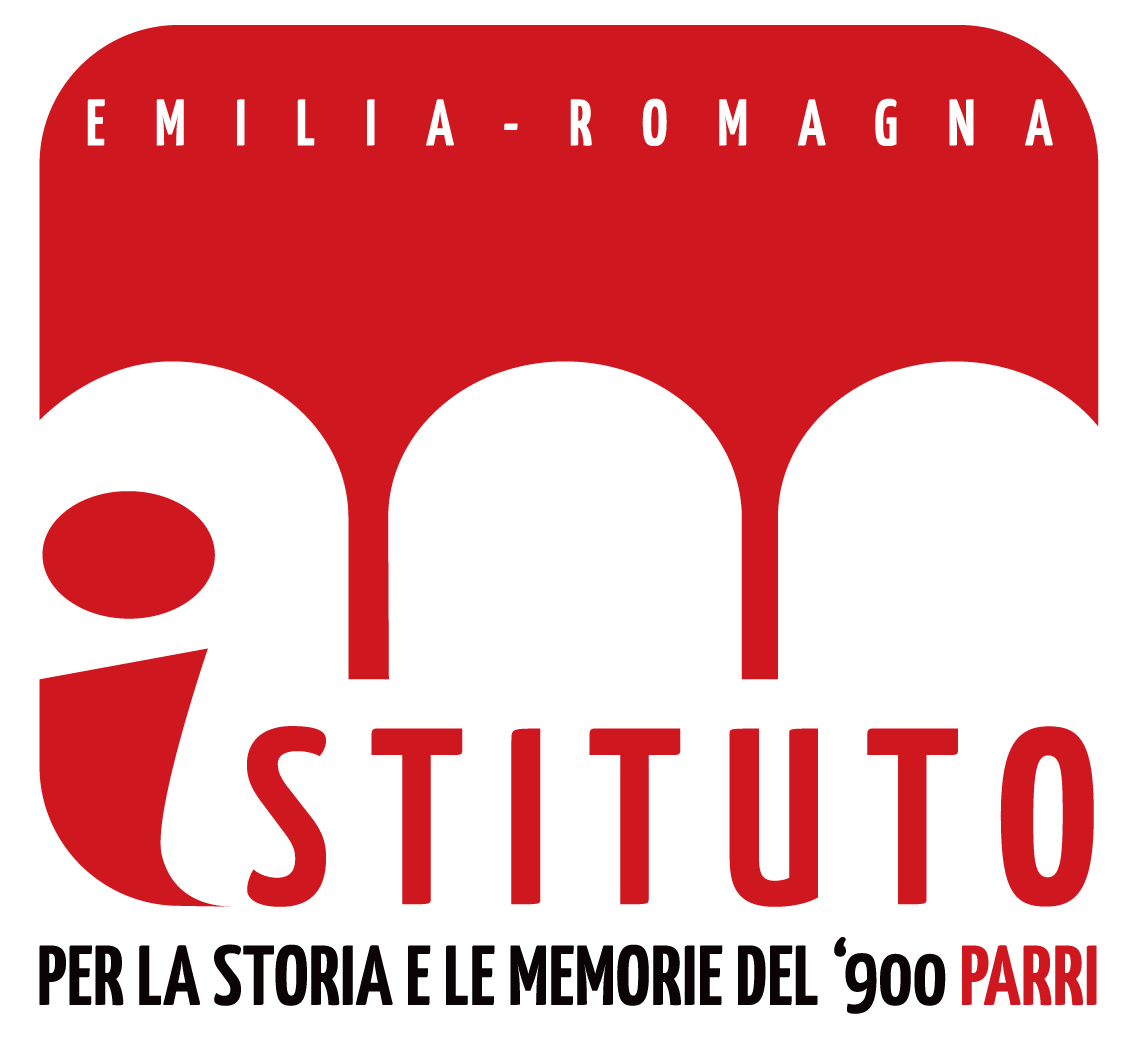
Istituto per la storia e le memorie del '900 Parri E-R
ITALY
a) Promotes, also in agreement and collaboration with others, studies and researches in Contemporary History, in History Education
b) Collects, preserves and enhances the sources for contemporary History
c) Promotes activities of public cultural service and dissemination of History
d) Undertakes training and updating of teachers, research, mediation and counselling education, in collaboration with national authorities, schools, and with the world of education and training. Our Educational Department, called LANDIS (National Laboratory for History Education), which is part of the Institute, has an agreement with the Italian Ministry of Education for the training of teachers on the teaching of contemporary history.
It has 2 full time persons dedicated to didactics, a Director and a group of c.a. 10 experts.
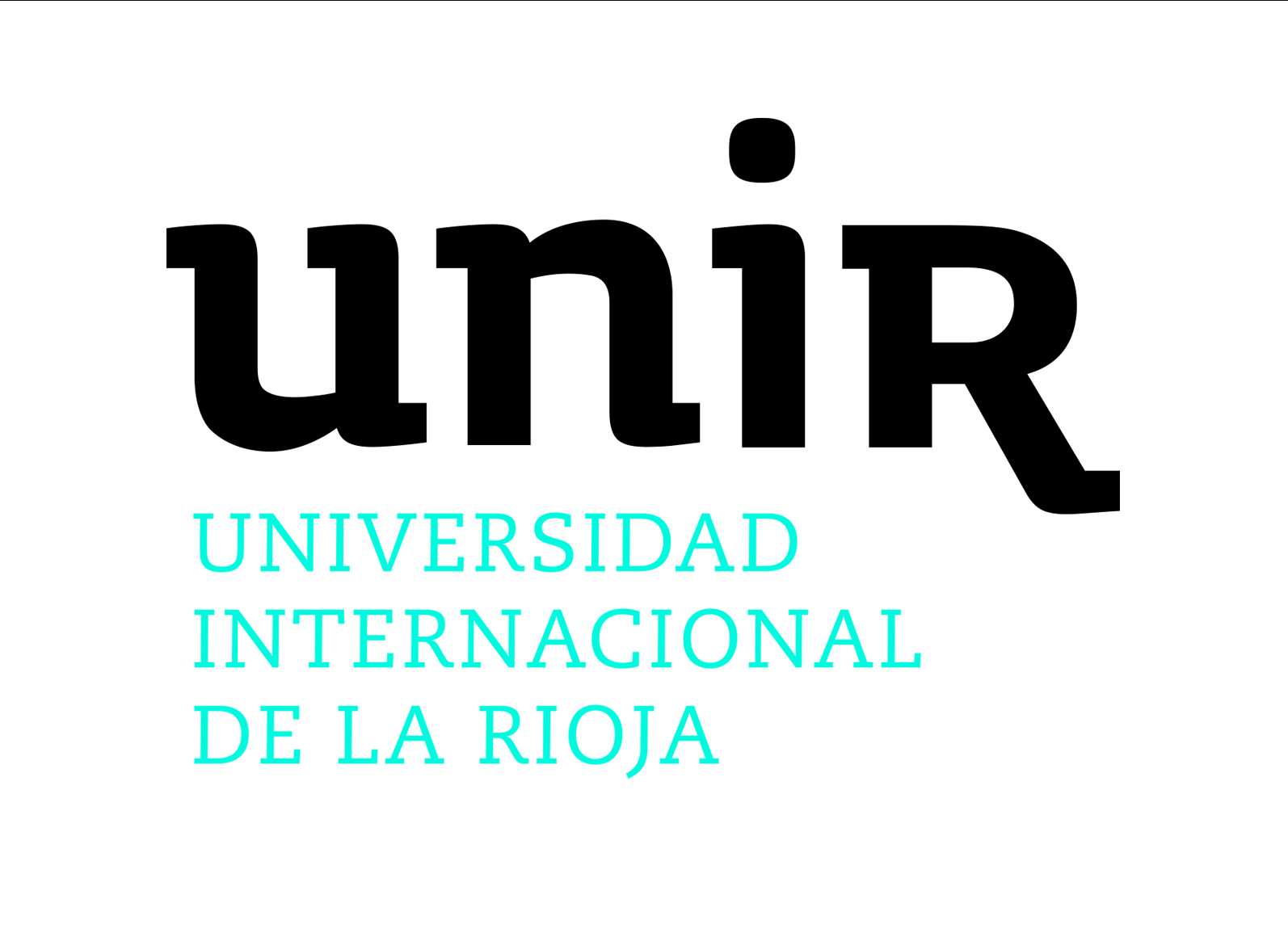
Universidad Internacional de la Rioja (UNIR)
SPAIN
Universidad Internacional de la Rioja (UNIR) is an online university with more than 20,000 students in official Degrees and Masters. Half of them belong to the Schools of Communication and Education. Its expert contribution to the project includes four areas.
First of them, its expertise on development of specialized theoretical and practical courses focused on teaching audiovisual production of non-fiction material. In this sense, three members of the team have been deeply involved in audiovisual production as directors, scriptwriters and film editors. One of them has worked on historical documentary films (more than 20 films, many of them broadcasted by Spanish television channels). The other two have professional experience in directing and editing more than 25 films between the two of them. This professional background offers great opportunities to share experiences in teaching practical competences. From the theoretical point of view, the relationship between History and Audiovisual Media has been researched by two other members. Their outcomes have been released by some of the most relevant Spanish publishers. Three of this five members have lectured at the ‘Specialist on Direction of Historical Documentaries’ qualification title of the Universidad Complutense de Madrid from year 1999 to 2006.
Its second area of expertise is the practical application in schools of new routines and strategies transmitted to secondary education teachers. The School of Education has agreements with a thousand of schools, most of which placed in Spain but also located in other countries such as Italy, Belgium, Columbia, Ecuador or Peru. This list of agreements could be enlarged according the aim of the project to include other schools with a wide variety of social and cultural situations.
Third, due to its online nature, UNIR could manage the creation of a Master on Resources and Narratives applied to Teaching History on Secondary levels, which could help to share, in a continued way, the experiences of the project with other teachers from the EU or Latin America.
Last, also thanks to its online characteristics and its huge experience on the field, it could offer technical support to stablish the e-History platform included in the project.
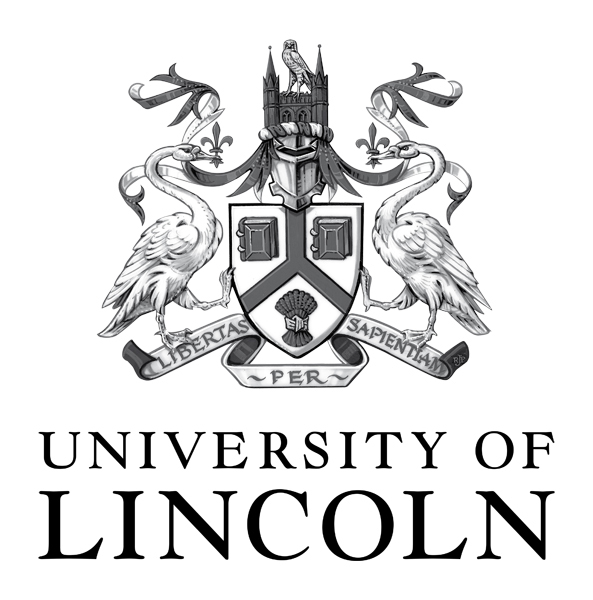
University of Lincoln
UNITED KINGDOM
The University of Lincoln was the first new city centre campus to be built in 25 years thanks to public and private subscription contributing £32 million. The University now hosts almost 13,000 students and 1,350 staff across campuses in Lincoln, Riseholme and Holbeach and was named among the top 10 modern universities by The Times and Sunday Times Good University Guide 2015. The University of Lincoln is a modern research-led University, combining excellence in research with a provision of higher education. The University has established an international reputation for the quality of teaching and research, with academics and students working together on major projects across areas as varied as cancer treatment, water conservation and low-carbon technology. The College of Arts, University of Lincoln, has a fundamental role within the broader cultural ecology of the county of Lincolnshire. To enable effective partnership development, the College of Arts houses a number of externally-facing roles designed to build strategic partnerships between study programmes, research and the local, national and international arts sector. From state-of-the-art equipment and new buildings through to investment in facilities and archives, the University offers a vibrant academic environment in which to pursue research and undertake research-informed study.
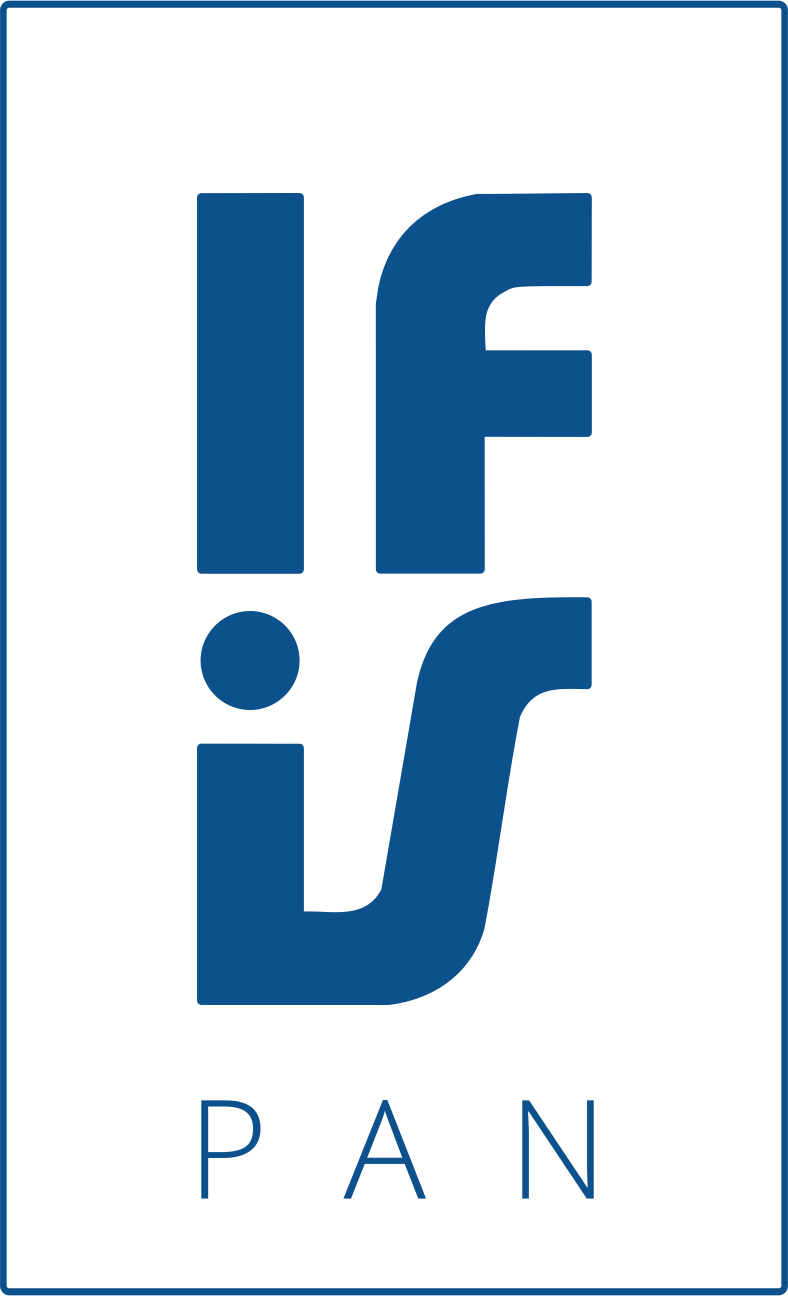
IFIS PAN
POLAND
The Institute of Philosophy and Sociology is one of research centers of the Polish Academy of Sciences. The Institute’s primary objective is to carry out advanced research in philosophy and sociology as well as in cognitive and communication fields. Apart from its research activity the Institute is engaged in education, publishing and popularization of science.
The Institute is headed by the Scientific Council and the Director, who with the help of two deputy Directors (in the areas of philosophy and sociology) manages all the activities of the Institute and represents it externally. The competencies of the Board include running the doctoral and post-doctoral procedures, and giving the recommendations for the professor titles in two disciplines: philosophy and sociology.
Research units, research groups and individual scholars implement long-term academic programmes and short-term projects in philosophy and sociology.
One of educational institutions affiliated or associated with IFiS PAN is The Centre for Social Studies (CSS)/Graduate School for Social Research.
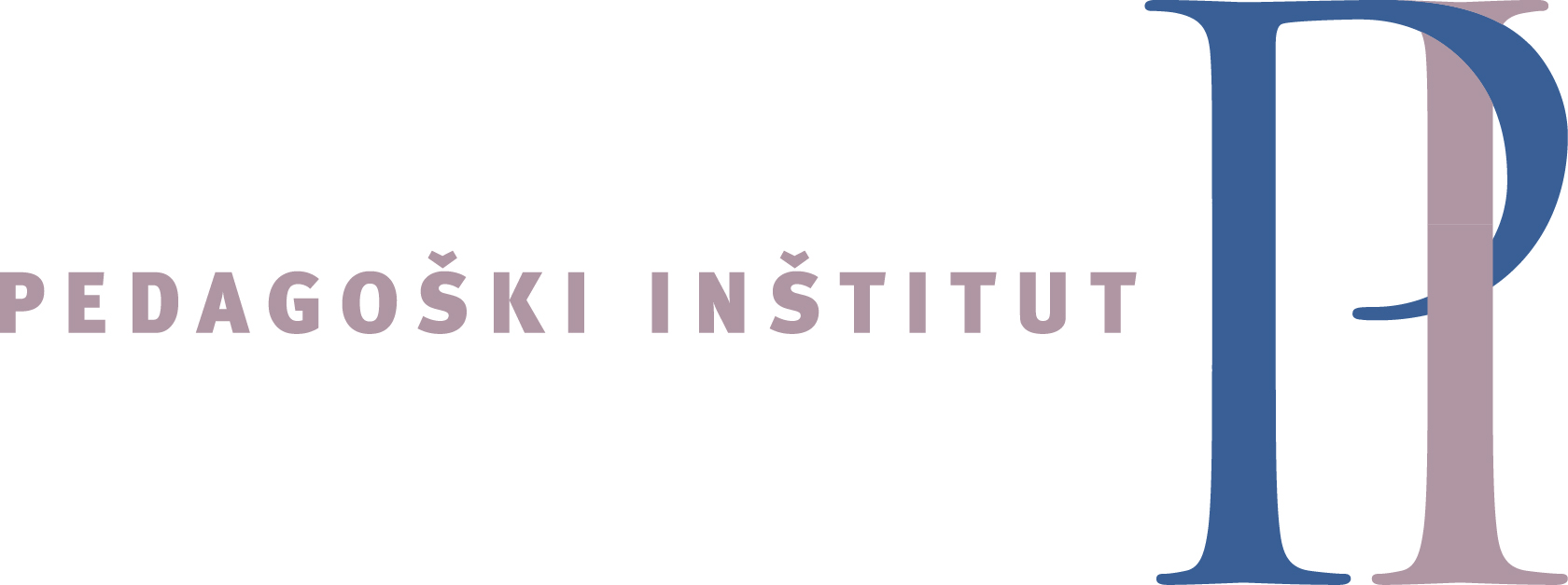
Educational Research Institute (ERI)
SLOVENIA
The Educational Research Institute (ERI) is the central research institution in Slovenia for research in education undertaking basic research, development and applied projects on issues of current interest in all sectors of education and related areas.
The Educational Research Institute was established in 1965 by the Government of the Republic of Slovenia, as an institute devoted to the study of education. From 1970 the ERI was associated with the University of Ljubljana until the 1995 when, with an act of the Government of Slovenia, ERI obtained the status of the public research institution and thus became an independent research institute.
ERI is a founding member of the European Educational Research Association (EERA). It is an institutional member of the IEA – The International Association for the Evaluation of Educational Achievement. Currently 40 people are employed at ERI, the majority are research staff.
The institute’s main activities are:
• original research on education in national context;
• evaluation of various aspects of education system;
• international educational research (PISA and Talis by OECD; TIMSS, PIRLS, Cived and ICSS, SITES and ICILS by IEA);
• training and post-graduate education of researchers, consultation and the dissemination of the results of research work;
• in-service teacher training.
ERI also carries out CPD programmes for teachers and kindergarten personnel.

EUROCLIO
NEDERLAND
EUROCLIO, the European Association of History Educators, is a non-profit civil society organisation that promotes a European and global dimension in history, heritage and citizenship education. The association counts 68 volunteer history, heritage and citizenship educators’ associations and related institutes from 45 mostly European countries and connects around 25,000 professionals, who in their daily work are in contact with up to 5,000,000 students per year.
EUROCLIO advocates a teaching of history, heritage, and citizenship subjects that fosters key and transversal competences as basic requirements for the personal, social, and professional development of young people. It supports the development of responsible and innovative history, heritage, and citizenship education by promoting critical thinking, mutual respect, peace, stability and democracy. The association enhances the unique contribution of these subjects to social cohesion, intercultural dialogue and civic engagement. It seeks to build the capacity of educators as key actors of change through the transfer of sound academic historical knowledge and innovative educational theory to the school and training institute levels, as well as through cross-border peer-learning and the collaborative development of teaching tools. EUROCLIO projects are designed to develop communities of practice exchanging resources and developing tailored tools to teach history, heritage, and citizenship in an innovative way, notably through the production and implementation of online open educational resources.
Over the course of over 20 years, EUROCLIO together with its member associations implemented over 20 national, regional, and pan-European long-term projects, in the course of which it mobilised a vast array of stakeholders, establishing new professional networks and consortia and stimulating existing ones. EUROCLIO has a successful track record of working across national borders with a multitude of partners and creating common ownership and commitment to a project. In its work the association advocates a bottom-up approach based on the promotion of lifelong learning, the transnational exchange of knowledge and practices, and sustainable cross-border capacity building.
One of the main areas of EUROCLIO’s work is supporting the professionalisation of national associations and networks of history, heritage, and citizenship educators. In doing so, the association enables a large number of educators to take on leadership positions, plan and manage projects, perform effective representation and negotiation, teamwork, and many other relevant skills and competences. It thereby promotes the development of an entrepreneurial mindset among history, heritage and citizenship educators, based on the conviction that key skills and attitudes such as creativity, initiative, and risk-taking also need to be developed by the educators themselves so that they can transmit them to their students. Through its subject-based approach, EUROCLIO contributes to the implementation of entrepreneurship in education, considered as a top priority in the 2012 Communication of the European Commission “Rethinking Education: Investing in skills for better socio-economic outcomes”.
EUROCLIO’s activities cover a variety of complementary fields of action and always seek to reach out to new (groups of) people via establishing a manifold of partnerships in the educational, cultural and social sectors. Educators targeted by its activities teach history, heritage and citizenship in public as well as private education systems, from primary to higher education levels, including vocational education and adult education. They are also open to non-formal education actors. The association’s activities always look for age and gender balance among participants, as well as the representation of educators from minority communities, in particular in multicultural societies. EUROCLIO’s work proposes grass-root strategies to answer the challenges of a knowledge-based society and increasingly interconnected world through engaging and relevant teaching approaches.
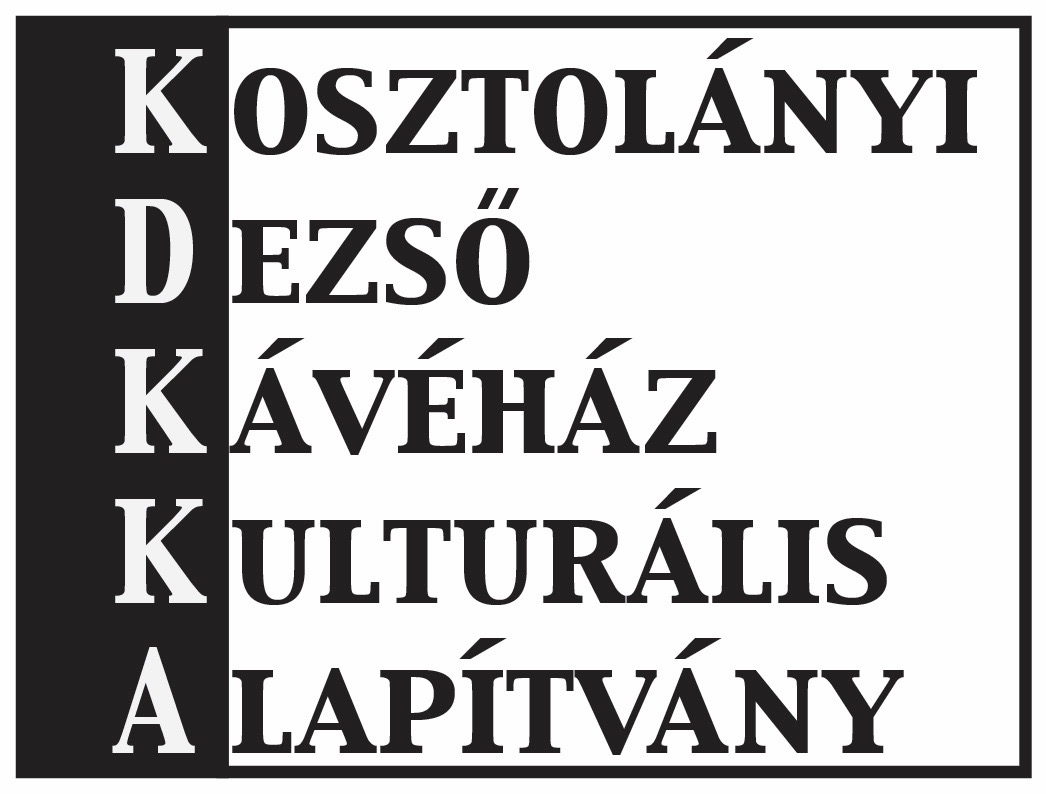
KDK Kulturalis Alapitvany
HUNGARY
KDK Kulturalis Alapitvany is a non-profit, public benefit cultural foundation that maintains its activities with financial grants and support received from different state organizations and foundations. KDK foundation staff – administrative staff, researchers, editors and interns work on contractual basis. The foundation’s main activity is the publication of the quarterly film theory and film history journal called Metropolis – KDK has been publishing Metropolis for 19 years now. The foundation supports film and media related research and the publication of the result of these research activities. Our publications serve as important educational materials for higher educational institutes of film and media studies. KDK has organized and co-organized (in partnership with higher educational institutes) conferences, workshops and research projects dealing with film and media history. In 2013 KDK foundation also launched a book series dedicated to the publication of new research by contemporary Hungarian film scholars.

ERVET
ITALY
ERVET, the Development Agency of Regione Emilia-Romagna (RER) was created in 1974 in order to support the operational implementation of the Region’s development policies in co-operation with firms, business associations, local authorities and other stakeholders. In 2008 ERVET became an “in house” agency 98% owned by RER. ERVET works on projects in different sectors, such as information society, welfare services, social economy, integrated urban development, environment, tourism, agriculture and transport. ERVET has managed many projects co-financed by the European Commission and carried out in collaboration with other Italian, European and rest of the world regions.
